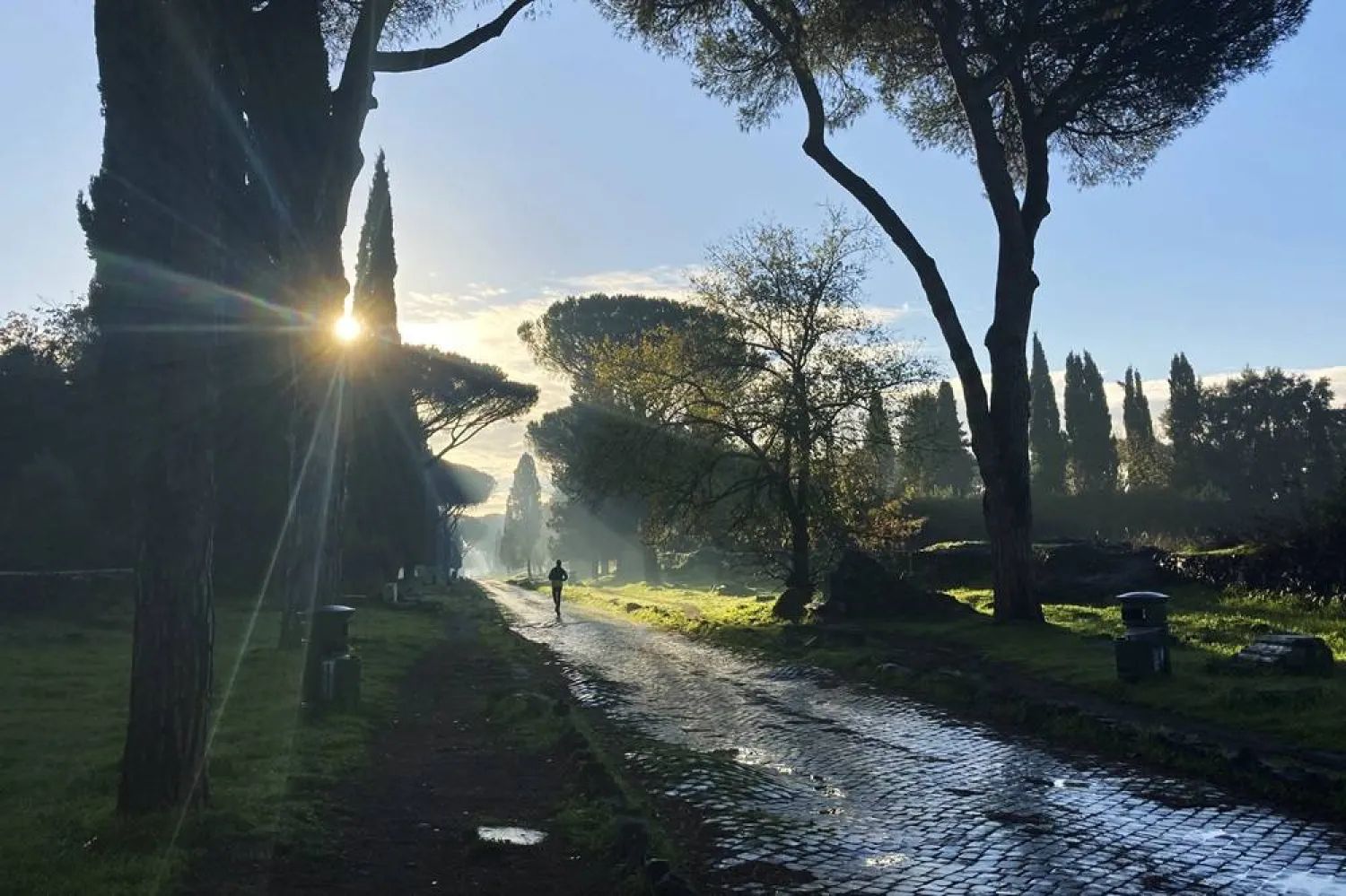Italy’s ancient Roman Appian Way was admitted to the UNESCO World Heritage List on Saturday, becoming the country’s 60th entry on the list.
At more than 800 kilometers (500 miles) long, the Appian Way, known as the “Queen of Roads,” is the oldest and most important of the great roads built by the Ancient Romans from 312 B.C.
The Appian Way marked a revolution in road construction, quickly becoming the most important roadway connecting Rome with the southern part of the peninsula.
This strategic corridor ensured access in all weather conditions and allowed Roman legions swift and unchallenged conquests.
The bid for its inclusion in the UNESCO heritage list, prepared by Italy’s Culture ministry, was declared successful during the 46th session of the World Heritage Committee, taking place in New Delhi.
“It was originally conceived as a strategic road for military conquest, advancing towards the East and Asia Minor,” UNESCO said. “The Via Appia later enabled the cities it connected to grow and new settlements emerged, facilitating agricultural production and trade.”
The road, composed of 22 parts, is an ensemble of engineering works, illustrating “the advanced technical skill of Roman engineers in the construction of roads, civil engineering projects, infrastructure and sweeping land reclamation works, as well as a vast series of monumental structures,” UNESCO added.
Nowadays, the ancient Appian Way is not only a big open-air museum started in the 1800s, but also an immense green area, a place where Romans and tourists go for leisure time, biking, hiking and visiting monuments. The whole area is a protected archaeological park.









